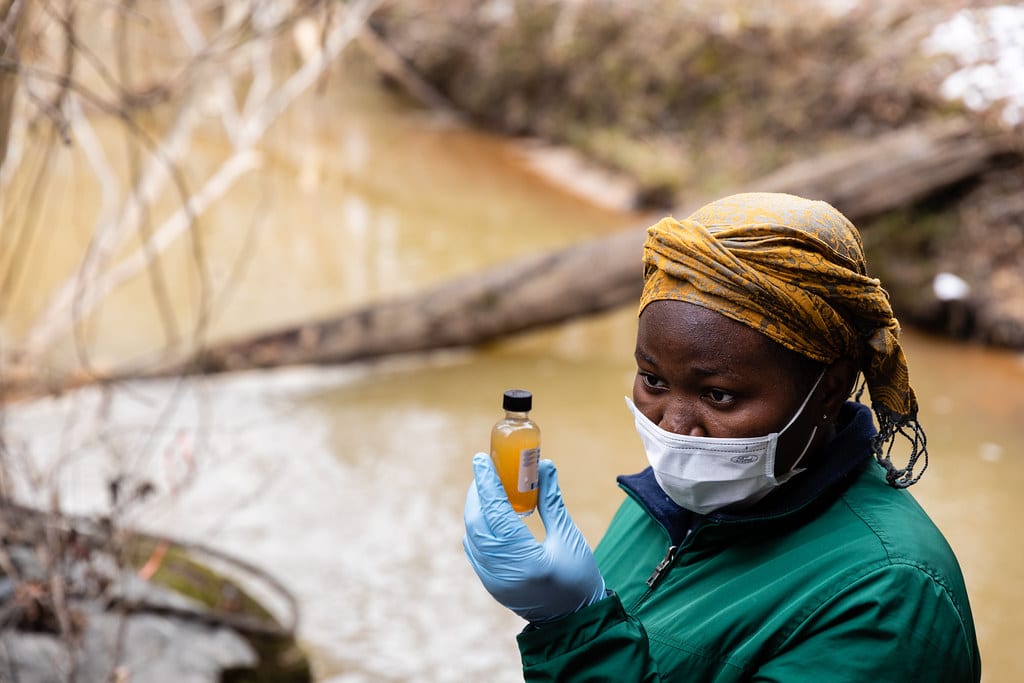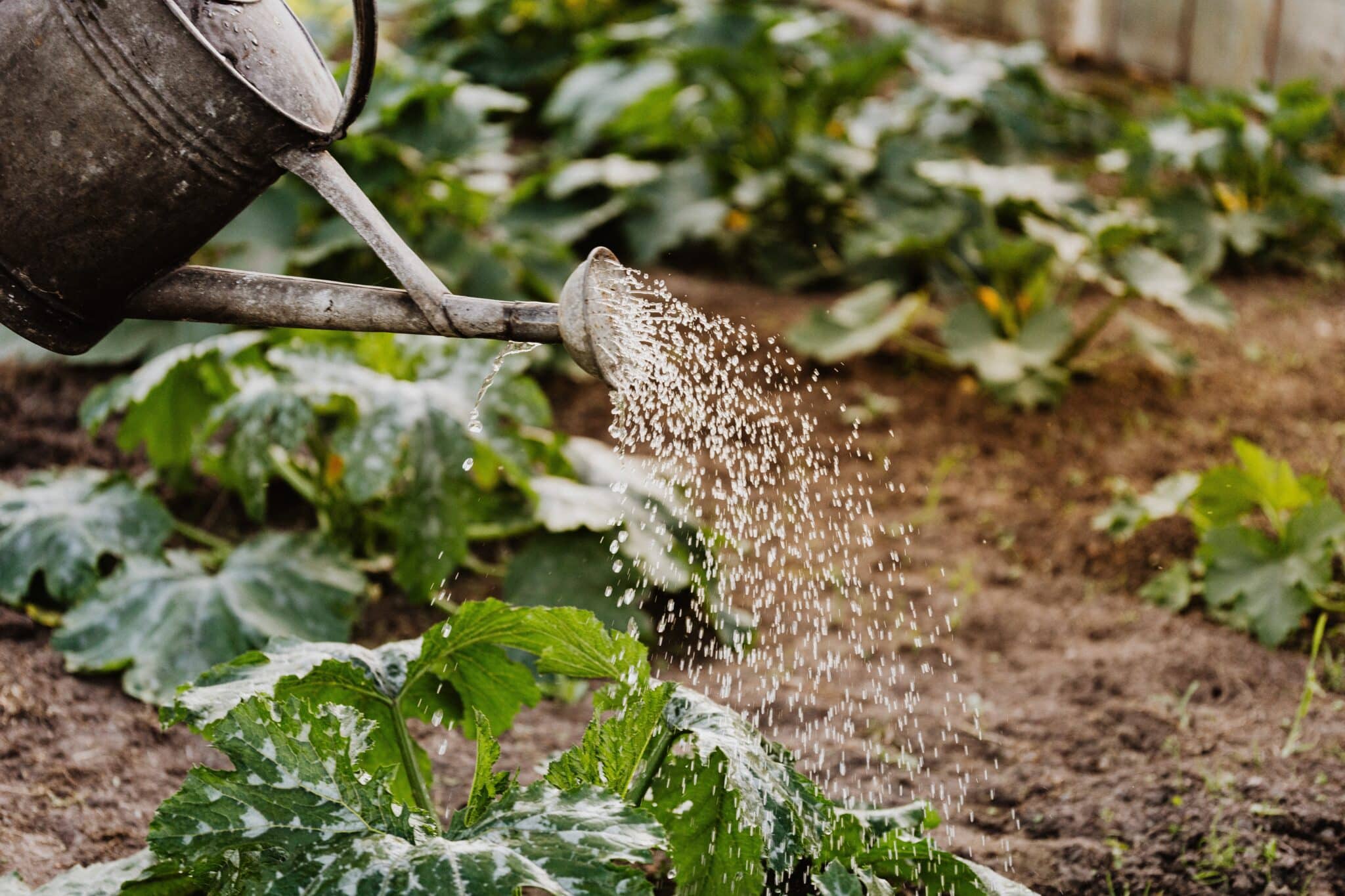Let's recap what we have covered in this chapter -- water is amazing, mostly because it can dissolve and transport other substances. Water is moving and changing states constantly. Only a very small amount of water on Earth is freshwater, and that water is exposed to all types of other substances based on the use of land in the watershed where it runs -- some of which might be helpful, some of which may be harmful.
So the next big question is how we determine the health or quality of water -- water quality.

Water Quality Testing

Water Quality & Uses
The 'quality' of water, or the acceptable levels of some of the contaminants we may find in our water quality testing, will depend on what the water is being used for. For example, the water that we use to irrigate our garden does not have to be as clean as the water we want to drink. But it's important to know the quality of water we are swimming in, fishing in, and where our drinking water is coming from.
